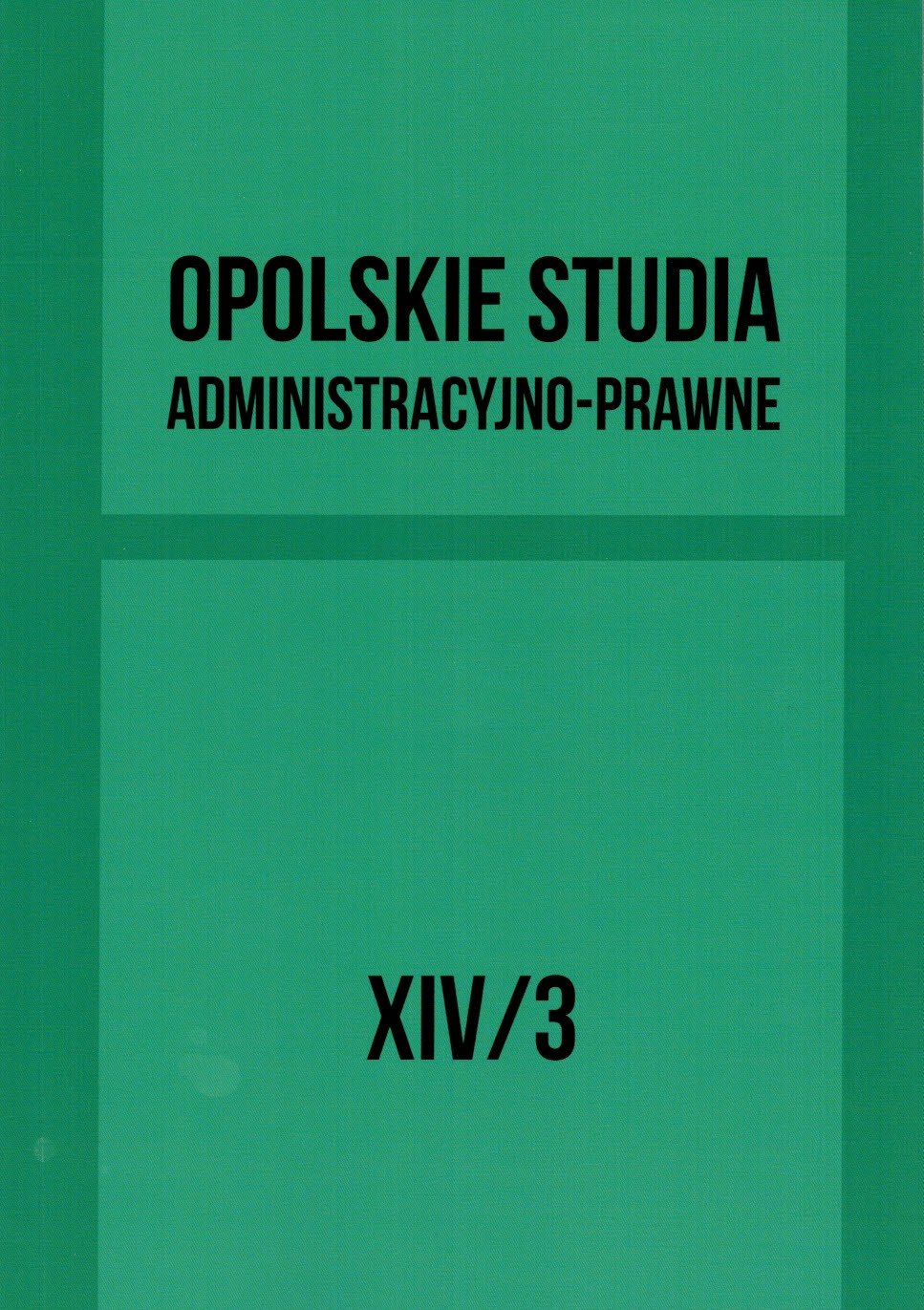Al-Shura – the consultative system administrating public affairs in Shari’ah
Al-Shura – the consultative system administrating public affairs in Shari’ah
Author(s): Said EdaichSubject(s): Politics / Political Sciences, Politics, Law, Constitution, Jurisprudence
Published by: Uniwersytet Opolski
Keywords: Political system; Shari’ah governance; Shura; priests; public affairs; Quran; khilâfa; legislation; justice; postulation of public interest; harmonious; legitimacy and responsibility of governors
Summary/Abstract: The governance theory has experienced an important evolution throughout history of political models known until present day. Specialists and scholars agree unanimously on the representative system being the preferred instrument of modern democracy to organize the state authority and competences. Politicians and rulers are elected according to a subjective approach, with the obligation to establish and realize public issues. This is a process in which the will of voters is used to prove the legitimacy of the power; however, it is deprived of an impact on direct politicians’ decisions. In another dimension, the Islamic governance theory offers a different postulate which is constructed on a clear division between the public and private interests. “Shura”, that is a consultative system of governance, is determined by divine provisions as a unique governance model, in which the impact of individuals has a direct impact on appointing rulers and on decision making, as well. This system provides a preventative control and monitoring which allow consultants’ or advisors’ interference in the decision making process and also during the executive phase to avoid disturbance or violation of the goals established in public issues, according to provisions and rules of Shari’ah.
Journal: Opolskie Studia Administracyjno-Prawne
- Issue Year: XIV/2016
- Issue No: 3
- Page Range: 227-242
- Page Count: 16
- Language: Polish

